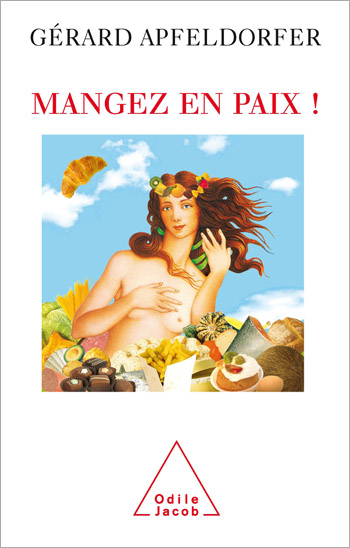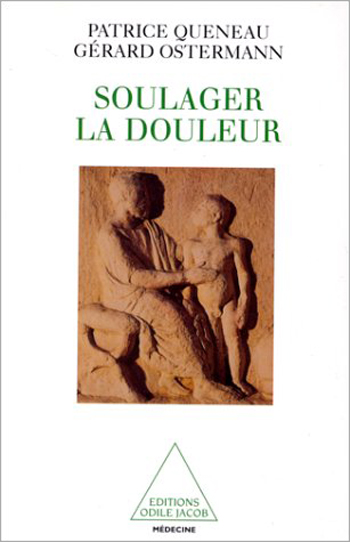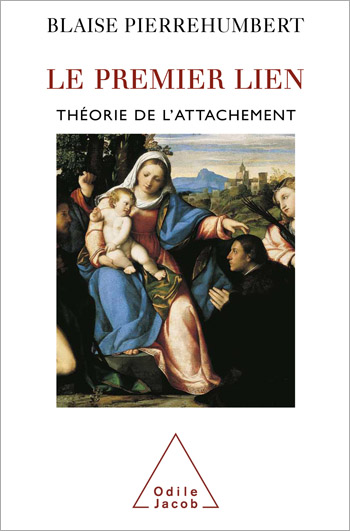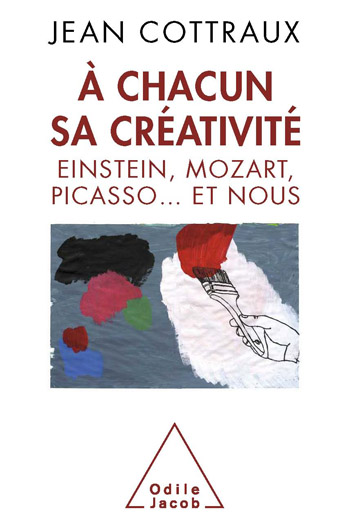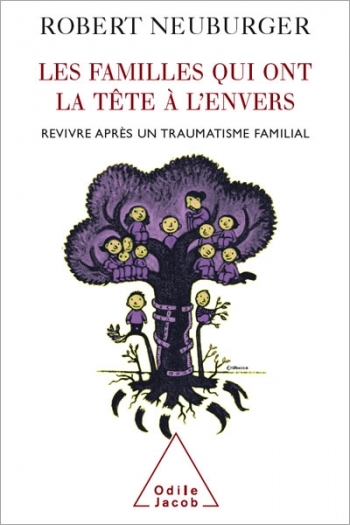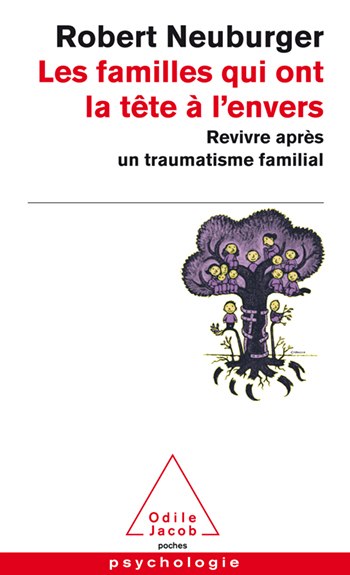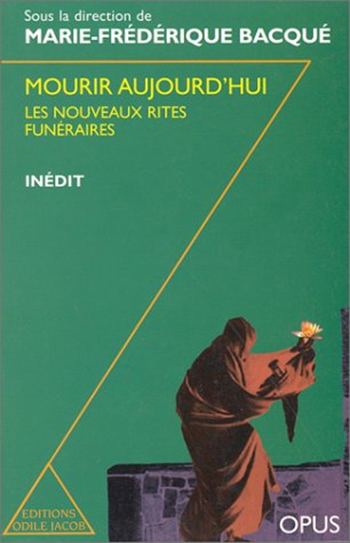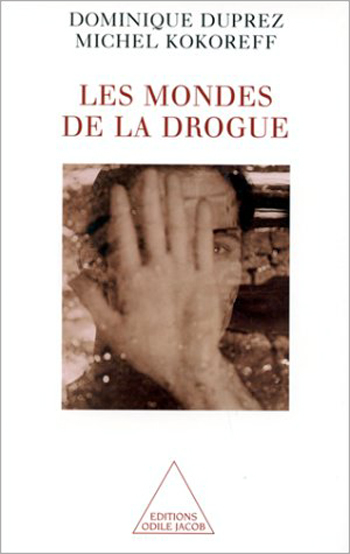Catalog All books

Philippe Conticini, Jacques Fricker
Eat Desserts Freely Pleasure Without Weight Gain
Highly unusual, delicious desserts, created by one of the most creative pastrycooks at work today. Easy-to-make desserts that open the way to creative improvisation. Light recipes: believe it or not, it is possible to eat marvellous desserts made with real sugar and butter without gaining weight. Jacques Fricker explains how you can stay in shape and eat your favourite desserts without losing your figure or your health. Philippe Conticini works for the Petrossian restaurants in Paris and New York. Jacques Fricker is a nutritionist at the Hôpital Bichat, in Paris.
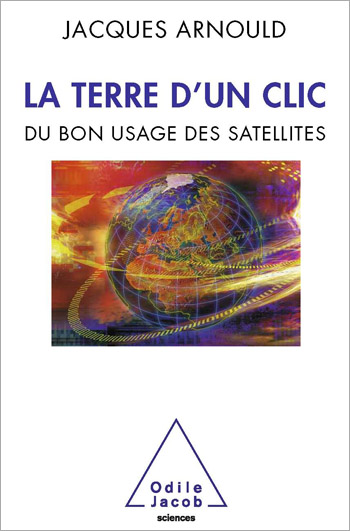
Jacques Arnould
The Earth Under Surveillance
he history of space technology (particularly on the subject of spy or reconnaissance satellites) and the hopes and fears raised by space exploration.
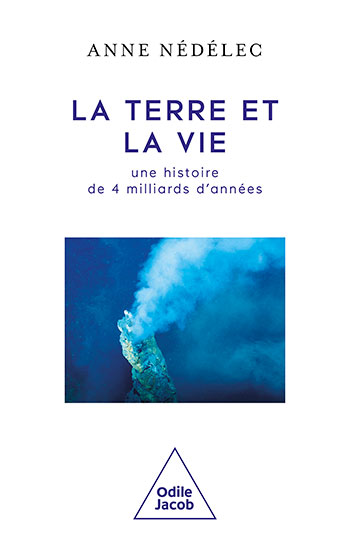
Anne Nédélec
The Earth and Life: A 4 billion Year History
The evolution of the Earth and life over 4 billion years.
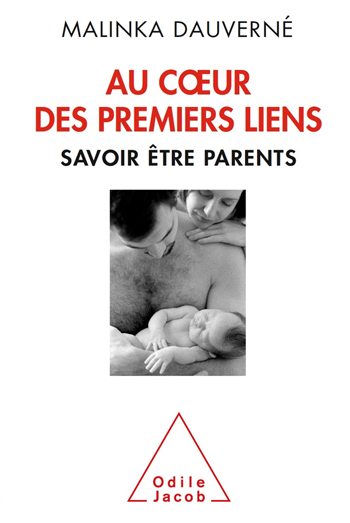
Malinka Dauverné
Early Bonding Advice for Parents
A book for parents to help them bond and establish a good relationship with their child, from the start.
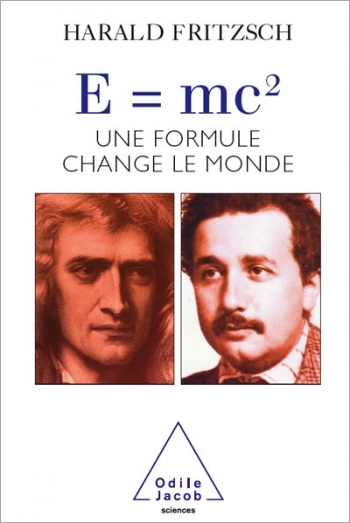
Harald Fritzsch
E=mc2 A Formula which Changes the World
An imagined account of a meeting between Einstein and Newton, described as a dream. It provides the occasion for a fascinating discussion between two scientific geniuses and a most effective way to be introduced to the mysteries of physics by those who have themselves revolutionised the field. Professor of physics at the University of Munich, Harald Fritzsch is also an associate professor at the CERN of Geneva, and at the California Institute of Technology of Pasadena, in California.
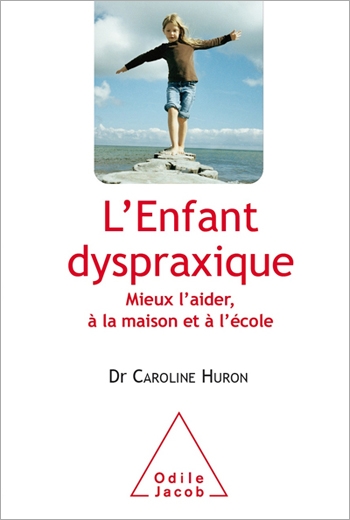
Caroline Huron
Dyspraxia: Motor coordination disorder
How to help children with motor coordination difficulties face their daily tasks
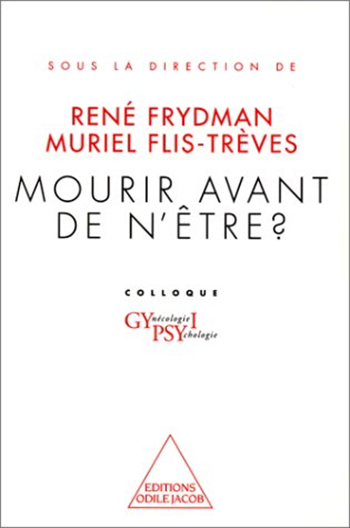
René Frydman, Muriel Flis-Trèves
Dying before living ?
Miscarriages, medical terminations of a pregnancy, embryonic destructions, perinatal mortalities these babies born prematurely dont even have the chance to be properly recognised as a part of this world, leaving their parents to solitude, grief and even a sense of guilt. Isnt it natural that the parents, even if it is painful for them, want to see their child, to name him, to register his existence ? That they need to follow the rituals of bereavement and record the child in the family history ? Doctors, midwives, anthropologists, philosophers, and psychoanalysts ask themselves what their role is when faced with this kind of sudden death, which has the capacity to affect so intensely other lives : how, they ask, can we help these patients along the road of their bereavement ?
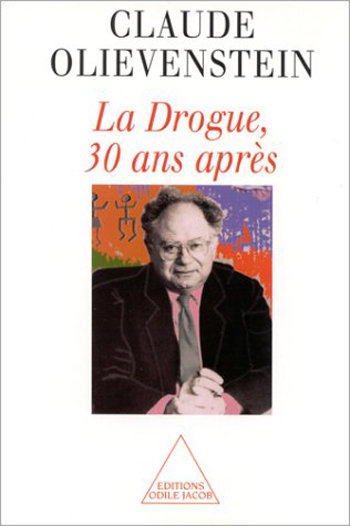
Claude Olievenstein
Drugs, Thirty Years Onwards
Thirty years after the publication of Il n'y a pas de Drogués Heureux, Claude Olievenstein recounts his exceptional career and summarises his current views on a number of social issues that have been his prime concern for many years: drugs, teenagers and the problems of the underprivileged living in housing projects. This is a frank survey of society in state of crisis. Claude Olievenstein is the head doctor at the Centre Médical Marmottan, in Paris, and a world-renowned specialist in the treatment of substance addiction.

